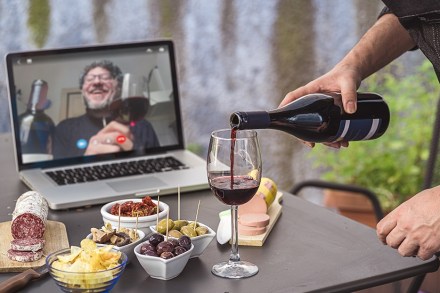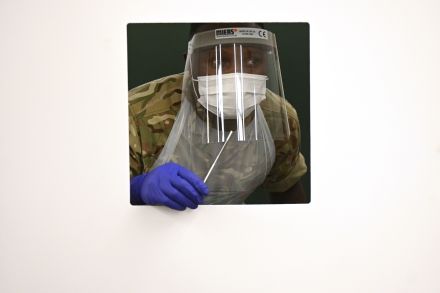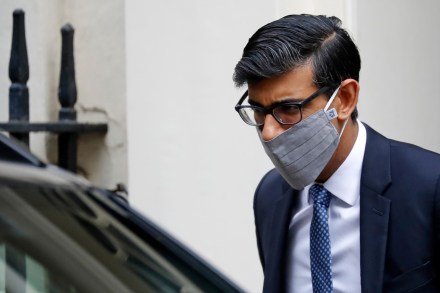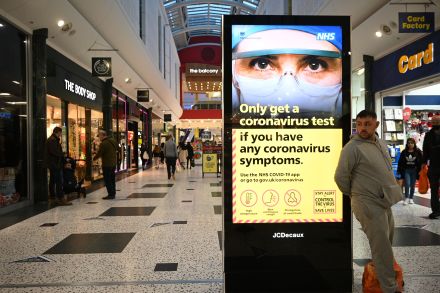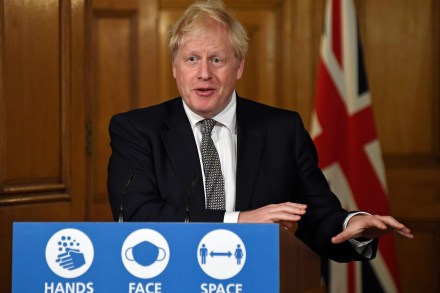Sweden’s rule of eight marks a change of strategy
Sweden has been pretty much the only country in the world to have responded to coronavirus using a voluntary system: advising, rather than instructing, the public. But this has changed today with Stefan Löfven, the Prime Minister, saying he will pass a law to introduce a ban on gatherings of eight people or more. ‘Do your duty. Do not go to the gym, do not go to the library, do not have parties. Do not come up with excuses that would make your activity OK,’ he said in a press conference. ‘It is your and my choices — every single day, every single hour, every single moment — that will now








